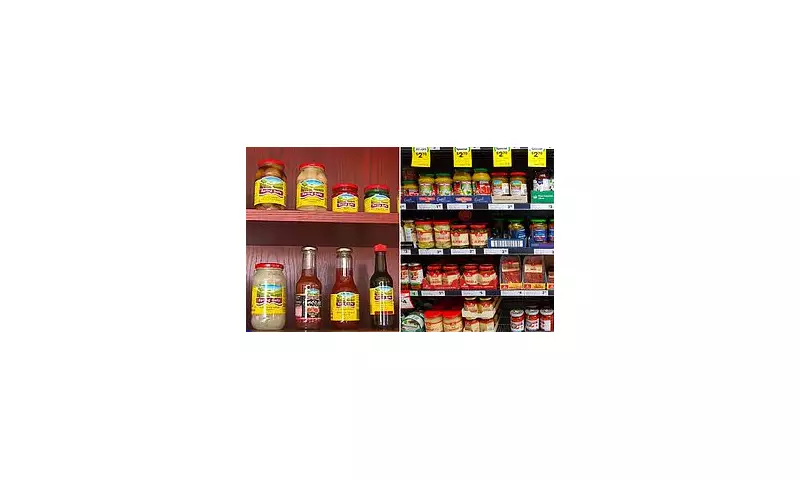
One of South Australia's most beloved food manufacturers has fallen into administration, sending shockwaves through the local industry and putting dozens of jobs in jeopardy.
Spring Gully Foods, the family-owned business famous for its pickles, sauces and condiments, appointed voluntary administrators on Tuesday, casting uncertainty over the future of its 85-strong workforce.
A Bitter Blow for South Australian Manufacturing
The 73-year-old company, which has been a staple in Australian pantries for generations, cited "financial challenges" as the reason for its collapse. Administrators from insolvency firm Worrells have taken control of the business and are urgently assessing options to keep the company trading while seeking a buyer or investor.
"This is devastating news for our loyal employees and the wider community," said a company spokesperson. "We're working closely with the administrators to explore all possible avenues to preserve this iconic South Australian brand."
From Humble Beginnings to Industry Staple
Founded in 1951 by Clem and Gladys Michael, Spring Gully Foods grew from a small market garden operation into one of Australia's leading independent food manufacturers. The company's products became household names, with their pickled onions, gherkins and various sauces gracing dinner tables across the nation.
The business had previously faced significant challenges, including a major recall in 2012 due to botulism concerns and more recent supply chain disruptions and rising production costs that have squeezed profit margins throughout the food manufacturing sector.
What's Next for the Iconic Brand?
Administrators have confirmed they will continue trading while conducting an urgent review of the company's financial position. Key priorities include:
- Assessing the company's financial viability
- Exploring potential sale or investment opportunities
- Maintaining operations to preserve jobs where possible
- Working with suppliers and customers to minimise disruption
The collapse comes at a difficult time for Australia's food manufacturing industry, which has been grappling with rising energy costs, supply chain issues and increased competition from imported products.
Employees and creditors are awaiting further updates from the administrators, who are expected to provide a preliminary report within coming days.





